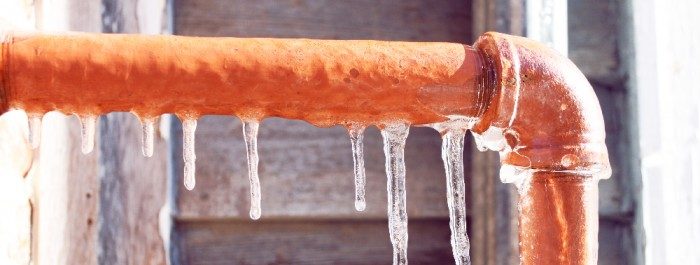
Introduction:
With climate change and winter approaching, it’s crucial for businesses to address the potential impact on their operations. Proactive planning and maintenance strategies are essential to ensure your facilities are prepared for the challenges posed by cold weather. This article provides valuable tips for Facilities Managers in London to optimise their Hard FM practices and protect their buildings from winter-related issues. By implementing preventative measures, you can save time, money, and ensure a safe and efficient working environment.
-
Plan Ahead to Avoid Winter Equipment Issues:
Before the onset of winter, conduct thorough inspections of your outdoor assets. Years of weathering can affect their performance, and cold weather may exacerbate existing problems. By identifying and addressing issues in advance, you can prevent breakdowns and minimise operational costs. Investing in repairs and maintenance now can save you from costly repairs later.
-
Inspect and Maintain Roofs and Drainage Systems:
Roofs and drainage systems are particularly vulnerable to winter weather risks. Inspect these areas to identify potential damage, especially around HVAC equipment and water collection points. Remove debris and materials to prevent leaks and ensure proper drainage. Pay attention to gutters, which may struggle to handle heavy rain, snow, or freezing temperatures during severe weather conditions.
-
Ensure Robust Heating and Ventilation Systems:
Maintain efficient heating systems to provide comfortable working conditions for employees and comply with temperature guidelines. Schedule maintenance visits from your planned preventive maintenance (PPM) provider to check boilers, heat pumps, and peripheral system plants such as pumps, storage vessels, and valves. Review your operational strategy, considering occupancy patterns and employee needs, to optimise energy usage and reduce environmental impact.
-
Disaster Prevention: Protect Outdoor Assets:
Prioritise repairs and maintenance for outdoor assets before cold weather sets in. Cold conditions can increase the risks and complexities of repairs. Insulate pipework to prevent freezing and bursting. Frozen water pipes can lead to equipment failures, infrastructure damage, and safety hazards. Take preventative measures to avoid such incidents.
-
Prevent Slips and Falls:
Slippery surfaces, both outdoors and indoors, pose a significant risk during winter. Stay ahead of freezing and thawing cycles to prevent accidents caused by black ice. Apply de-icers in advance to ensure clear walkways. Consider using slip-resistant mats in problem areas and provide clear signage. Develop a response strategy for managing slips and falls promptly.
-
Adequate Lighting for Longer Dark Hours:
As daylight hours decrease, your facilities may require longer periods of outdoor lighting, leading to increased energy consumption. Plan and budget accordingly to accommodate the additional energy expenditure during winter. Maintaining well-lit premises ensures a safe and secure environment for employees and visitors.
Conclusion:
Effective winter facilities management is essential to safeguard your business, protect your assets, and maintain a productive work environment. By implementing the tips outlined in this article, Facilities Managers in London can proactively address potential issues related to cold weather. Prioritise planning, inspections, maintenance, and safety measures to minimize risks and ensure efficient operations throughout the winter months. By investing in preventive measures, you can achieve long-term cost savings, enhance safety, and create a comfortable work environment for your employees.
Share This Story!
If you're looking to partner with Artic Building, then please complete the Working With Artic form here.
Do you have an upcoming project or tender? Then please complete the form below.

